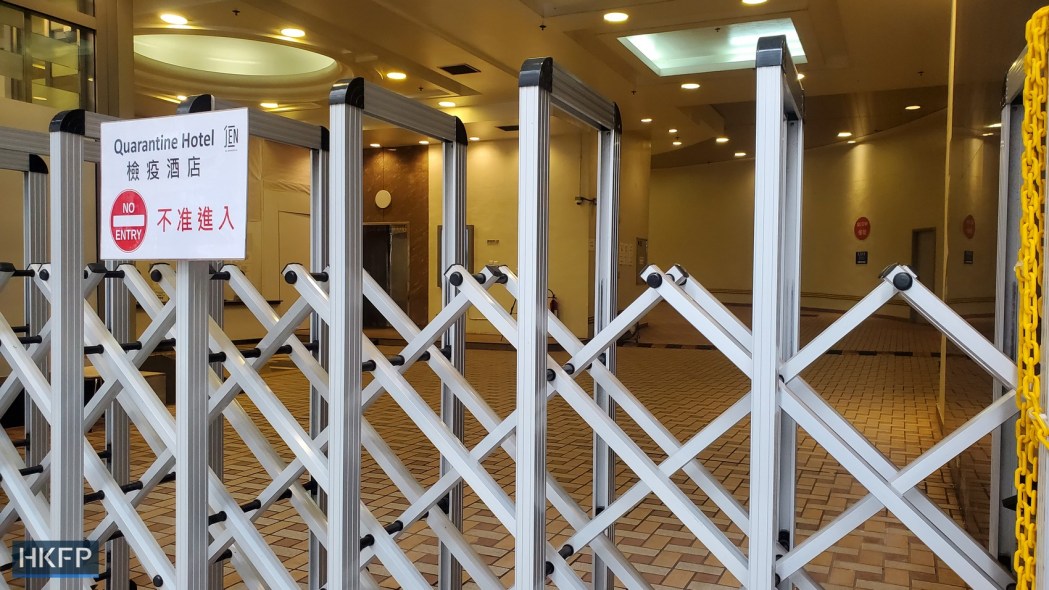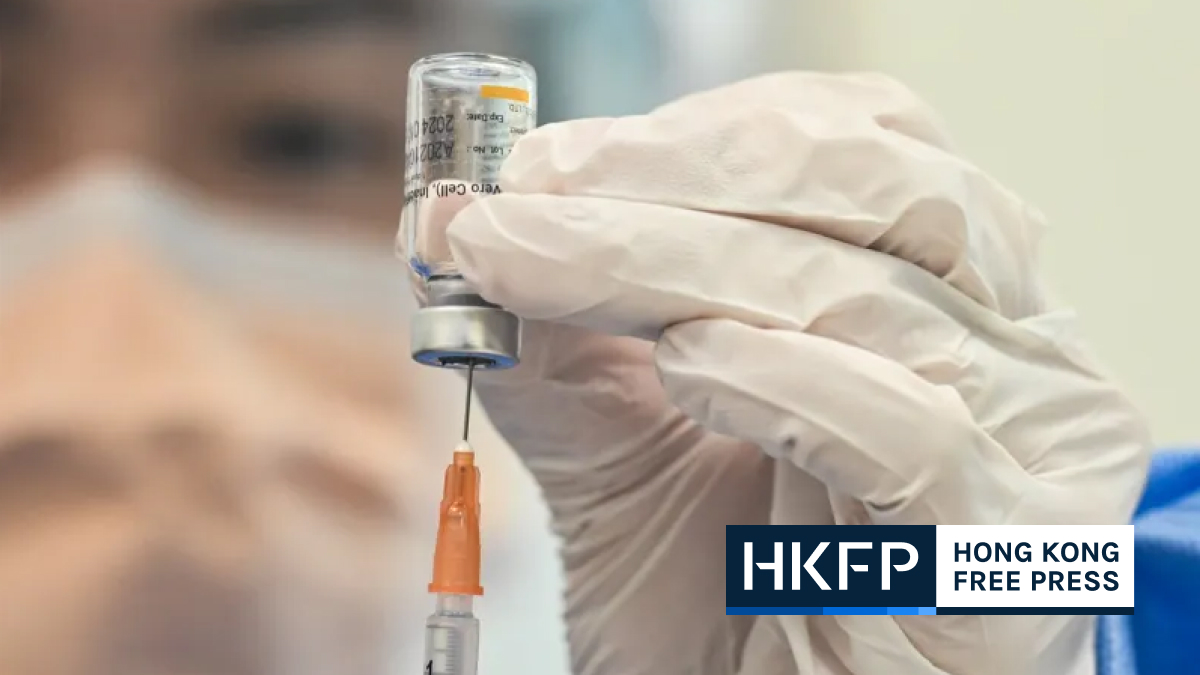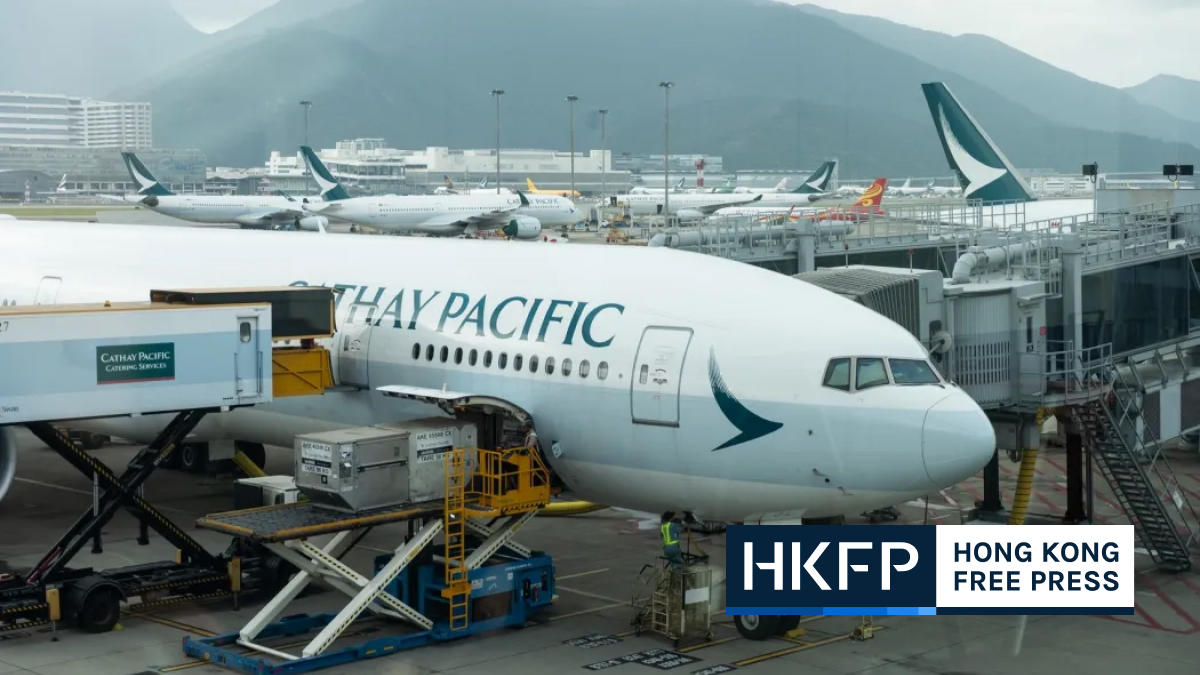Arrivals to Hong Kong who test positive for Covid-19 during hotel quarantine will soon have the option of recovering in that hotel at their own expense, the government has announced.
At present, anyone who returns a positive result for the coronavirus during their three-night hotel stay is sent to another hotel for isolation or to quarantine facilities at Penny’s Bay or Kai Tak.

However, “new clauses will be added to the contracts for the ninth cycle of the [designated quarantine hotel] Scheme to allow DQH guests identified as confirmed cases to stay in their original hotel to undergo isolation,” a government statement published on Tuesday night said. The decision of whether to stay put on a self-paid basis or go to a free, government-run facility will be up to the Covid patient.
“The arrangement will save confirmed cases from travelling and enable better utilisation of manpower and vehicles… while reducing the transmission risk during the transportation process,” the statement said. Hotels would have to strengthen “relevant infection control measures” such as dedicating floors or rooms to isolate positive cases and providing staff with personal protective gear.
Ninth cycle
The ninth cycle of the scheme is expected to run from November 1 until February 28, 2023. Local media reported last week that letters had been sent to the city’s hotels, inviting them to express their interest in participating in the cycle.
“The Government may vary the length of the Service Period if there is a policy change or under exceptional circumstances,” the letter said, adding that the deadline for submissions is September 16.
Residents, business owners and lawmakers have all expressed hope that the current cycle would be the last, ending more than two and a half years of Hong Kong’s near isolation from the outside world. Two events slated for early November – a bankers’ summit and international sporting tournament the Rugby Sevens – were supposed to show that the city was open and ready for business.
However, with no official word on whether travel restrictions will be further eased, that message remains muted. Chief Executive John Lee last week acknowledged that discussions into the matter were underway, but added that no decision had been reached.
During a Legislative Council panel last Friday, legislator Michael Tien said that the hotel quarantine requirement should be dropped, pointing to a lack of an increase in imported cases since the hotel isolation period was cut to three nights in August.
“We are losing talent to neighbouring areas,” RTHK reported Tien saying after the meeting. “We are losing businesses.”
The city and mainland China are among the last places in the world where arrivals are subject to stringent restrictions designed to keep Covid-19 from entering and spreading in the community. In Hong Kong, anti-epidemic policies have been linked to a mass exodus and a contracting economy.
The city recorded 7,218 new Covid-19 infections – of which 151 were imported – and 10 related deaths on Tuesday, bringing the total tally to almost 1.67 million cases and 9,607 deaths since the pandemic began.
Support HKFP | Policies & Ethics | Error/typo? | Contact Us | Newsletter | Transparency & Annual Report | Apps
Help safeguard press freedom & keep HKFP free for all readers by supporting our team
















